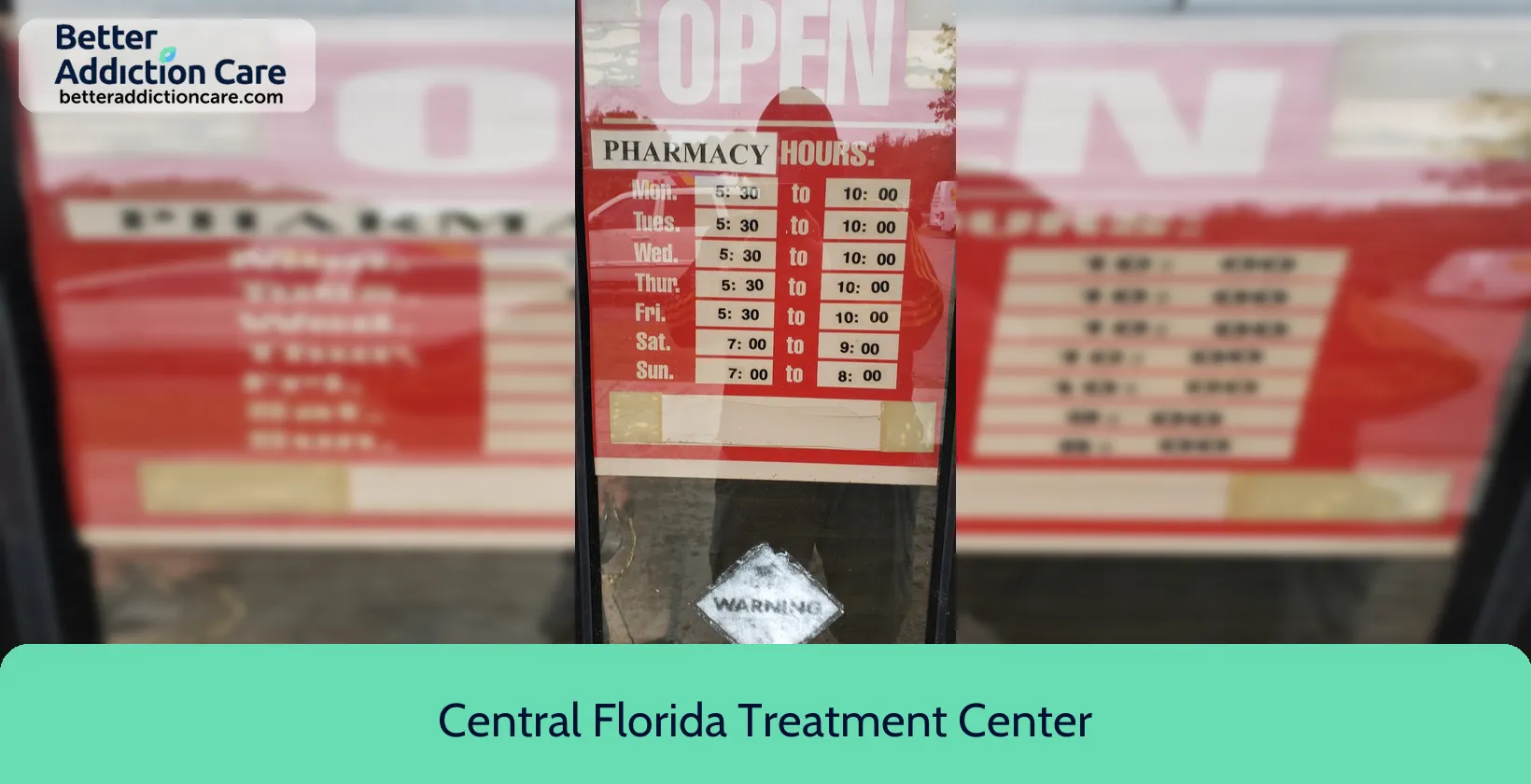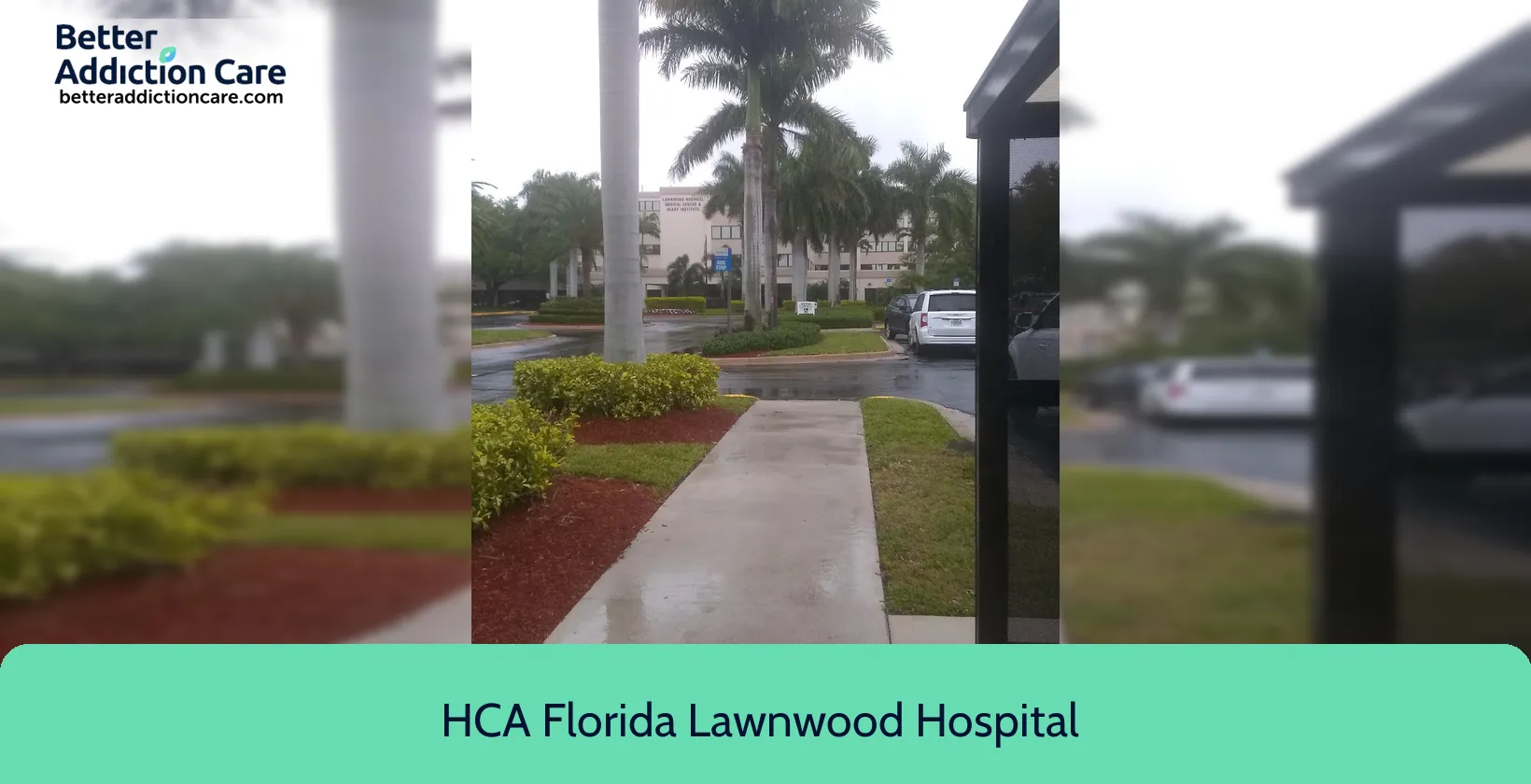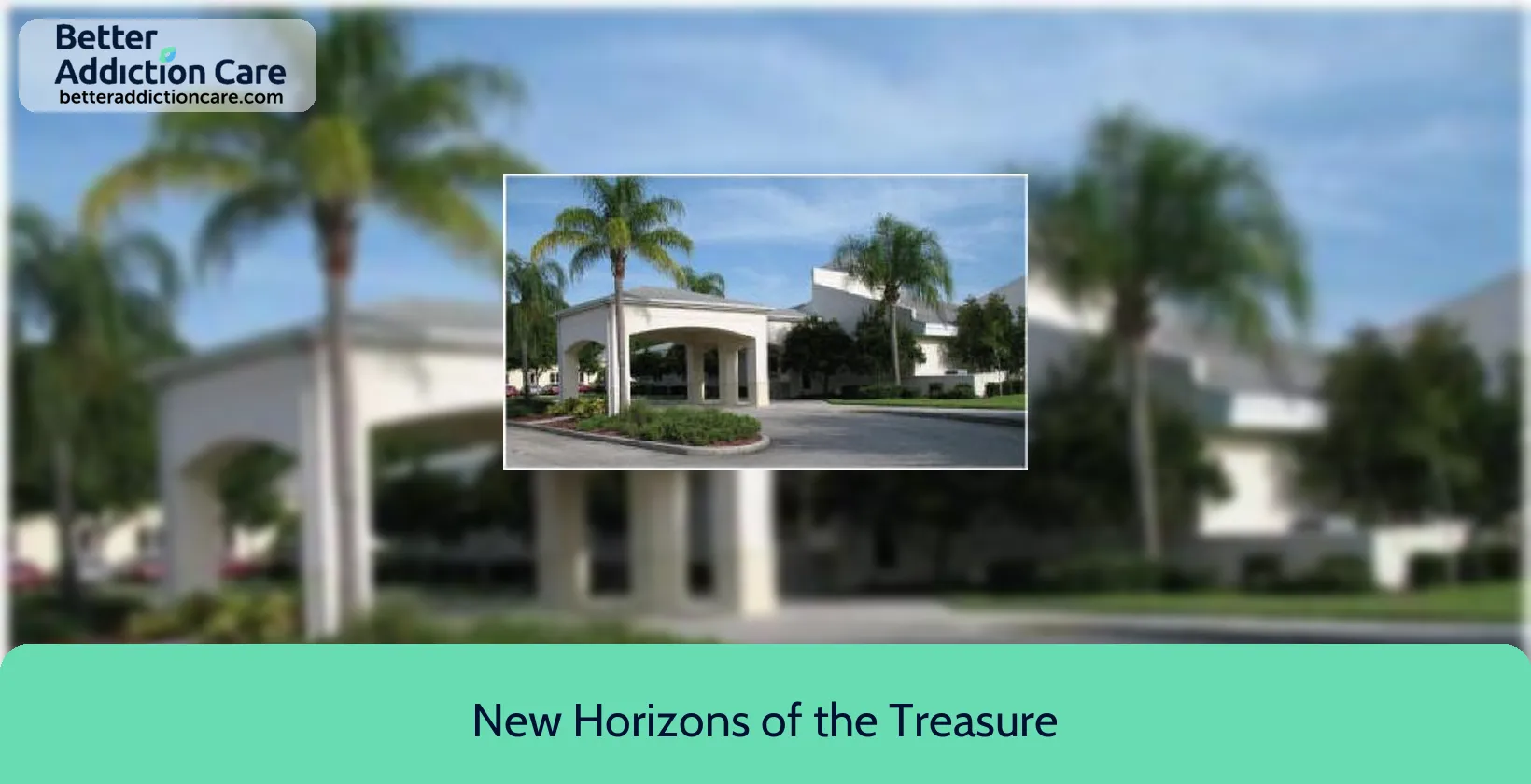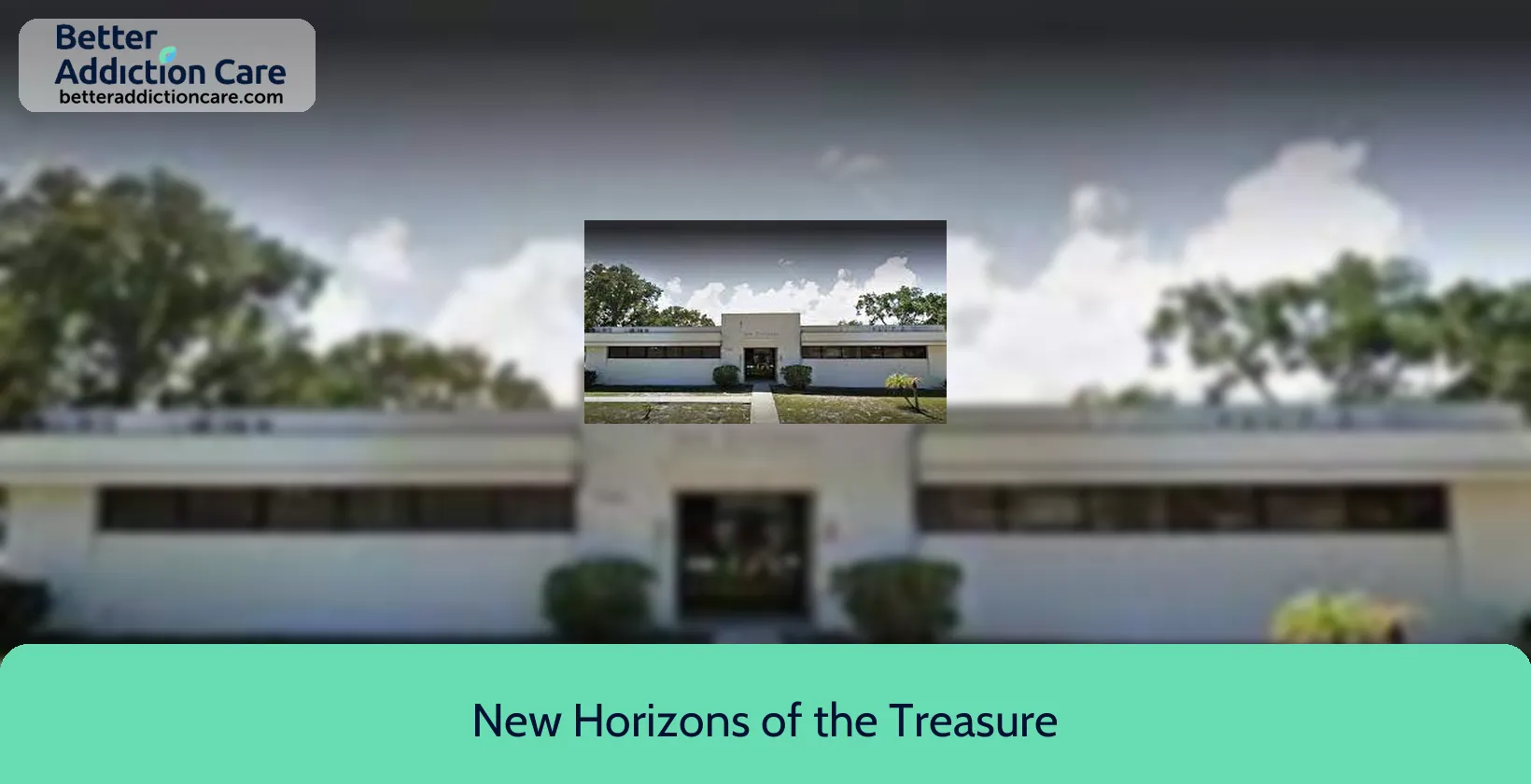New Horizons of the Treasure Coast
Overview
New Horizon of the Treasure Coast is at 4500 West Midway Road, Fort Pierce, Florida. It helps both adults and children with a wide range of mental health and drug abuse issues. The center is set up to handle crisis intervention, detoxification, and rehabilitation, so it can give its clients full care.
The facility offers various programs including an Adult Crisis Stabilization Unit, outpatient services for both adults and children, a detoxification program, an inpatient rehabilitation program, intensive outpatient treatment, case management services, and sober living programs (halfway houses).
Treatment modalities at New Horizons encompass Cognitive Behavioral Therapy (CBT), anger management, group therapy, psychological evaluations, and crisis treatment. This diverse approach helps address the complex needs of those seeking support.
A notable feature of New Horizons is its mobile response team, which assesses individuals in crisis within the community. The facility also provides specialized programs to support first responders.
New Horizons is accredited by The Joint Commission shows that it is dedicated to upholding high standards of care and service efficiency.
New Horizons of the Treasure Coast at a Glance
Payment Options
- Cash or self-payment
- Medicaid
- Medicare
- State-financed health insurance plan other than Medicaid
- Private health insurance
Assessments
- Screening for tobacco use
- Comprehensive mental health assessment
- Comprehensive substance use assessment
- Interim services for clients
- Outreach to persons in the community
Age Groups
- Seniors or older adults
- Young adults
- Children/adolescents
- Adults
- Seniors
Ancillary Services
- Intensive case management
- Case management service
- Court-ordered outpatient treatment
- Suicide prevention services
- Mental health services
Highlights About New Horizons of the Treasure Coast
7.65/10
With an overall rating of 7.65/10, this facility has the following balanced range of services. Drug Rehab and Detox: 8.77/10, Alcohol Rehabilitation: 8.00/10, Treatment Options: 7.82/10, Insurance and Payments: 6.00/10.-
Drug Rehab and Detox 8.77
-
Alcohol Rehabilitation 8.00
-
Treatment Options 7.82
-
Insurance and Payments 6.00
Accreditations
State mental health department:
State mental health department accreditation refers to the process of evaluating and certifying the quality and standards of a state's mental health department, ensuring that it provides high-quality services and meets specific criteria for mental health care. The accreditation process is performed by a third-party organization and helps to improve the overall care and treatment of individuals with mental health conditions.
Commission on Accreditation of Rehabilitation Facilities (CARF):

CARF accreditation is a prestigious recognition for rehabilitation and human service organizations. It signifies that an organization meets high-quality standards and is committed to providing top-level care. CARF conducts rigorous evaluations to ensure compliance, enhancing an organization's credibility and reassuring clients and funders of exceptional service quality. This accreditation promotes excellence and continual improvement in the rehabilitation and human services field.
Treatment At New Horizons of the Treasure Coast
Treatment Conditions
- Alcoholism
- Mental health treatment
- Substance use treatment
- Co-occurring Disorders
Care Levels
- Hospital inpatient/24-hour hospital inpatient
- Outpatient
- Short-term residential
- Residential detoxification
- Outpatient methadone/buprenorphine or naltrexone treatment
Treatment Modalities
- Individual psychotherapy
- Couples/family therapy
- Cognitive behavioral therapy
- Integrated Mental and Substance Use Disorder treatment
- Activity therapy
Ancillary Services
Languages
- Sign language services for the deaf and hard of hearing
- Spanish
- English
Additional Services
- Pharmacotherapies administered during treatment
- Mentoring/peer support
- Breathalyzer or blood alcohol testing
Special Programs
- Clients with co-occurring mental and substance use disorders
- Criminal justice (other than DUI/DWI)/Forensic clients
- Clients who have experienced trauma
- Children/adolescents with serious emotional disturbance (SED)
- Persons 18 and older with serious mental illness (SMI)
Get Help Now
Common Questions About New Horizons of the Treasure Coast
Contact Information
Other Facilities in Fort Pierce

6.92

6.56

7.06

7.17

6.71
DISCLAIMER: The facility name, logo and brand are the property and registered trademarks of HCA Florida Lawnwood Hospital - Mental Health Services, and are being used for identification and informational purposes only. Use of these names, logos and brands shall not imply endorsement. BetterAddictionCare.com is not affiliated with or sponsored by HCA Florida Lawnwood Hospital - Mental Health Services.


